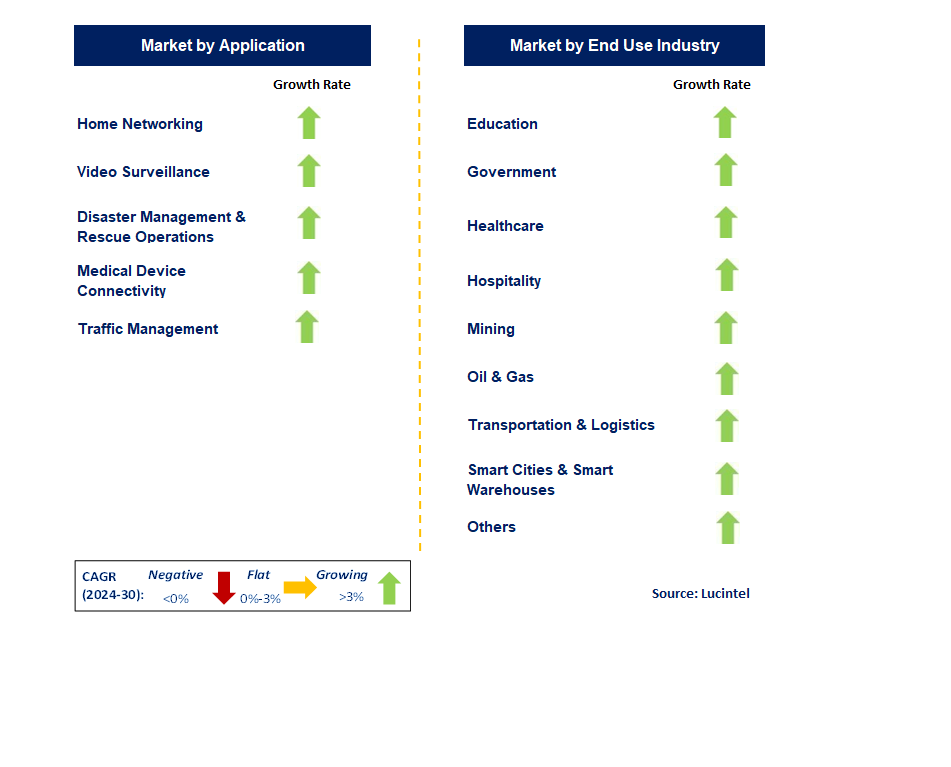So Very Fragile: Understanding The Developmental Needs Of Young Children And The Daycare Dilemma

Table of Contents
The Crucial First Five Years: Understanding Key Developmental Milestones
The first five years of a child's life are a period of explosive growth and development, laying the foundation for their future physical, cognitive, and social-emotional well-being. A high-quality daycare environment can significantly support this development, while a poor one can hinder it.
Physical Development: Building Blocks of Movement and Growth
Early childhood physical development is vital, encompassing both gross motor skills (large muscle movements like running and jumping) and fine motor skills (small muscle movements like grasping and writing). Movement and play are not just fun; they are essential for healthy brain development. Daycare plays a critical role in fostering this development.
- Examples of age-appropriate activities: Crawling and climbing for toddlers, running and jumping for preschoolers, building blocks for fine motor skill development.
- Signs of developmental delays: Difficulty with crawling or walking at expected ages, poor hand-eye coordination, limited ability to manipulate small objects.
- The role of physical activity in brain development: Physical activity boosts blood flow to the brain, enhancing cognitive function and learning. Daycares should provide ample opportunities for physical play. Look for outdoor spaces, age-appropriate equipment, and structured physical activities.
Cognitive Development: Nurturing Curious Minds
Cognitive development in young children involves language acquisition, problem-solving skills, and critical thinking. A stimulating daycare environment provides opportunities for children to learn and grow cognitively.
- Importance of interactive learning: Hands-on activities, play-based learning, and engaging with educators are crucial for cognitive development.
- Engaging activities for different age groups: Singing songs and reading books for toddlers, puzzles and building activities for preschoolers, interactive games that encourage problem-solving.
- Signs of cognitive delays: Delayed language development, difficulty following instructions, inability to solve simple problems, limited attention span.
- The role of play in cognitive development: Play encourages creativity, problem-solving, and social interaction – all vital for cognitive growth.
Social and Emotional Development: Building Strong Foundations
Social-emotional development in daycare is paramount. It includes the development of secure attachments, emotional regulation (managing emotions), and positive social interactions.
- The role of caregivers in emotional support: Responsive and nurturing caregivers are essential for building secure attachments and teaching children to regulate their emotions.
- Recognizing signs of social-emotional challenges: Withdrawal, aggression, excessive clinginess, difficulty sharing, or emotional outbursts can indicate underlying challenges.
- The benefits of social play: Social play helps children learn cooperation, empathy, conflict resolution, and social skills.
- Strategies for fostering emotional intelligence: Daycares should provide opportunities for children to express their feelings, practice empathy, and develop coping mechanisms.
Navigating the Daycare Landscape: Choosing the Right Fit for Your Child
Choosing a daycare is one of the most significant decisions parents will make. It requires careful consideration of various factors.
Assessing Daycare Quality: A Checklist for Parents
Finding quality childcare requires diligence. Consider these critical aspects:
-
Teacher-child ratios: Lower ratios generally mean more individualized attention.
-
Caregiver qualifications: Check for proper training, certifications, and experience.
-
Curriculum: Does the daycare follow a developmentally appropriate curriculum?
-
Safety measures: Are safety protocols strictly followed? Is the facility secure and well-maintained?
-
Overall environment: Is the daycare clean, organized, stimulating, and nurturing?
-
Checklist of questions to ask potential daycare providers: Inquire about their approach to discipline, their daily schedule, parent communication methods, emergency procedures, and their philosophy of childcare.
-
Importance of accreditation: Accreditation by reputable organizations demonstrates a commitment to high-quality care.
-
Signs of a high-quality daycare: Positive interactions between caregivers and children, engaging learning activities, a clean and well-organized environment, open communication with parents.
-
Observing the daycare environment firsthand: Schedule a visit to observe the interactions firsthand.
Understanding Your Child's Temperament and Needs: A Personalized Approach
Different daycare styles cater to diverse needs.
- Identifying your child's temperament: Is your child outgoing and independent or shy and reserved?
- How different daycare styles (e.g., Montessori, Reggio Emilia) cater to different needs: Research various approaches to find the best match for your child's personality and learning style.
- Strategies for adapting to daycare transitions: Gradual transitions, consistent routines, and open communication with caregivers can ease the process.
The Cost Factor and Accessibility of Quality Daycare: A Societal Challenge
Affordable daycare is a critical issue.
- Exploring options like subsidies, employer-sponsored childcare, and alternative care arrangements: Research available resources and support systems.
- Highlighting the importance of advocating for affordable and accessible quality daycare: Access to high-quality childcare should be a right, not a privilege.
Supporting Your Child's Development Beyond Daycare: The Parent's Role
Even with excellent daycare, parental involvement is crucial.
Parent-Child Bonding and Interaction: Quality Time Matters
- Strategies for quality time: Engage in activities that nurture your connection.
- Engaging in age-appropriate activities at home: Reading, singing, playing games, and engaging in creative activities.
- Communication with daycare providers: Regular communication ensures a cohesive approach to your child's care.
- Reading together: Reading aloud is a powerful tool for language development and bonding.
Recognizing and Addressing Developmental Concerns: Early Intervention is Key
- Signs to watch for: Developmental delays manifest differently but warrant professional attention.
- Importance of early intervention: Early intervention can significantly improve outcomes.
- Seeking professional guidance: Don't hesitate to seek help from pediatricians, therapists, or other specialists.
- Collaboration with daycare providers: Open communication with daycare staff can help identify and address concerns early.
Conclusion
The first five years of a child's life are pivotal, shaping their future. Choosing the right daycare requires careful consideration of factors like quality, fit, and cost. Parents play a vital role in supporting their child's development beyond daycare. Early identification and intervention are essential for addressing any developmental concerns. Finding the right daycare is a significant step in ensuring your child’s healthy development. Prioritize their developmental needs and carefully consider the factors discussed in this article to find a daycare that nurtures your child’s growth and well-being. Remember, understanding the developmental needs of young children and making informed daycare choices is crucial for their future success.

Featured Posts
-
 Informatsiya O Zakrytii Aeroporta Permi Snegopad
May 09, 2025
Informatsiya O Zakrytii Aeroporta Permi Snegopad
May 09, 2025 -
 Voter Fraud Case Whittier Residents Rally Behind American Samoan Family
May 09, 2025
Voter Fraud Case Whittier Residents Rally Behind American Samoan Family
May 09, 2025 -
 Anons Matchey Ligi Chempionov Arsenal Protiv Ps Zh I Barselona Protiv Intera 2024 2025
May 09, 2025
Anons Matchey Ligi Chempionov Arsenal Protiv Ps Zh I Barselona Protiv Intera 2024 2025
May 09, 2025 -
 Wireless Mesh Network Market Growth A Detailed Analysis Of The 9 8 Cagr
May 09, 2025
Wireless Mesh Network Market Growth A Detailed Analysis Of The 9 8 Cagr
May 09, 2025 -
 Indian Insurers Advocate For Streamlined Bond Forward Rules
May 09, 2025
Indian Insurers Advocate For Streamlined Bond Forward Rules
May 09, 2025
Latest Posts
-
 The Impact Of High Potentials Season 1 Finale On Abc
May 09, 2025
The Impact Of High Potentials Season 1 Finale On Abc
May 09, 2025 -
 7 Year Reunion High Potential Finale Features Familiar Faces
May 09, 2025
7 Year Reunion High Potential Finale Features Familiar Faces
May 09, 2025 -
 High Potentials Bold Finale Why Abc Was Impressed
May 09, 2025
High Potentials Bold Finale Why Abc Was Impressed
May 09, 2025 -
 Pam Bondis Planned Release Of Documents Related To Epstein Diddy Jfk And Mlk
May 09, 2025
Pam Bondis Planned Release Of Documents Related To Epstein Diddy Jfk And Mlk
May 09, 2025 -
 Pam Bondi Epstein Diddy Jfk Mlk Documents Imminent Release
May 09, 2025
Pam Bondi Epstein Diddy Jfk Mlk Documents Imminent Release
May 09, 2025
